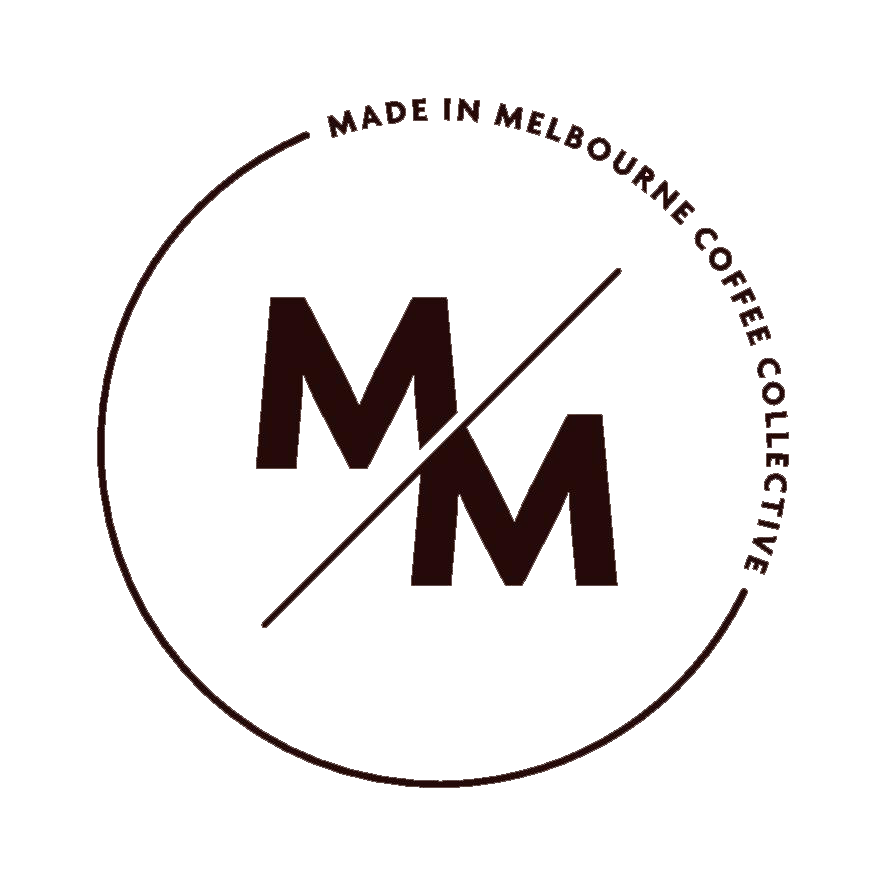Plant Based Milks – everything you need to know for your morning brew
If you’re dairy free, or just want to try something new – plant-based milks are a great way to broaden your coffee horizons, but where to start? In 2020, there are so many great options for milk alternatives, so we’ve rounded up the best options that you can create with our HOMEBREW, or our M.I.M roasted beans.
If you’re wanting to up your sustainability this year, dairy-free alternatives are a great way to go, as they are better for the environment than dairy milk: 40% - 90% less water reduction is used, 10% of land is used and there is 60%-80% less GHG Emissions used to produce than dairy milk.
So, why do baristas love it??
Using plant-based alternatives offer consistency. As the weather, diet of the cow and the milk produced can vary from dairy to dairy company, it is often hard to be consistent with the product you use. Plant based products also last longer, and can store easily.
Soy Milk
Soy drinks are made of dried soybeans and water, producing a creamy, nutty milk. It is the most readily available out of all the alternatives, being one of the first ‘non-dairy milks’ in many parts of the world. Coming in many flavours including unsweetened, sweetened, vanilla and blended milks – it is a great choice for those that are starting out with dairy-free milks. It also is a great source of protein, being the closest to dairy milk.
However, one problem that has been a problem with soy milk is ‘curdling’ – which, you guessed it, is similar to what cows milk can do. Usually happens when frothing the soy milk extra hot and using lightly roasted coffee which is high in acidity. Solving this problem is to not froth beyond 55 degrees (Sorry Boomer) and our friends at Happy Happy Soy Boy offer an alkaline base, when mixed with the acidity of expresso, it balances the flavours and sugars produced.
Almond Milk
Another dairy-free classic, Almond Milk is a great alternative for those that want something a bit sweeter in their coffee – this alternative is great for people that want more calcium in their coffee, with almond milk offering more calcium than its cow counterpart. There are many different types of almond milk – vanilla, sweetened, unsweetened – so there is something for everyone. It is also a great option for DIY Mochas or a Dirty Chai.
The rise in popularity for almond milk came about few years back to the trend of making your own alternative milk at home. With a blender, soaked almonds, sea salt and dates it was basically a process of manually squeezing the milk through a filter clothe and tasting fresh almond milk. Fortunately, Alternative Dairy Co have a facility plant located in NSW and uses Aussie grown almond sourced from the Murray Darling. Offering a full range of alternative milks, there is no better time to support local.
Oat Milk
Probably the closest to dairy milk, Oat Milk has changed the way we think about dairy-free coffee. Offering a frothy texture that is great for lattes or cappuccinos, Oat Milk has even been made into a barista quality texture, so you can use it for beautiful latte art. As it is made out of oats, it is creamy and velvety, making it a firm contender for a dairy-free alternative.
Andrew from Califia Farms confirms there are so many great uses for oat milk – even though people love it for its frothy and creamy taste in hot coffee, it is actually a great complimentary addition to cold brew and other cold based beverages. Think iced chai drinks, iced blended matcha with dark chocolate sprinkles or your favourite acai bowl. Yum!
Coconut Milk
Something untraditional to coffee is Coconut Milk. Not to be mixed up with canned Coconut Milk (the kind you use in a red curry), you’ll find this in the ‘milk’ section of the grocery store. This one is an acquired taste, and isn’t for everyone, but can complement Vietnamese Iced Coffees, or cold brew.
Macadamia Milk
Craving something that is creamy like cow’s milk? Macadamia Milk is fairly new to the Milk Market but can offer a great alternative for those that are looking to reduce their carb intake – almost halving that of dairy milk. It has a sweet, nutty flavour and goes great with hot drinks – lattes, cappuccinos and even in a splash of drip coffee.
What is your favourite dairy-free alternative? Let us know in the comments!
